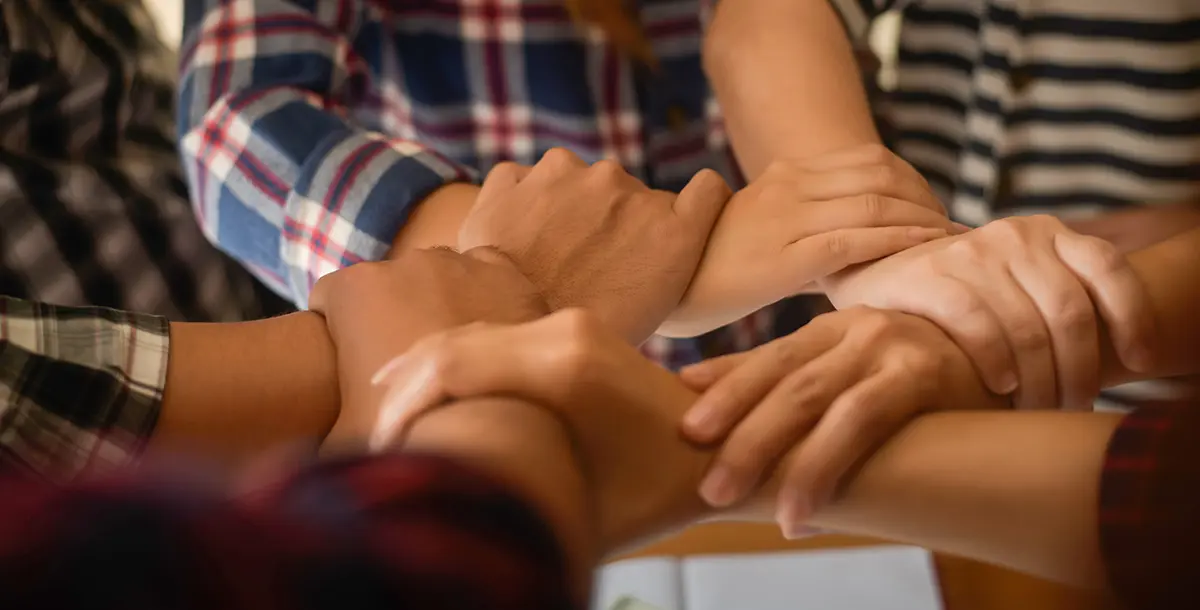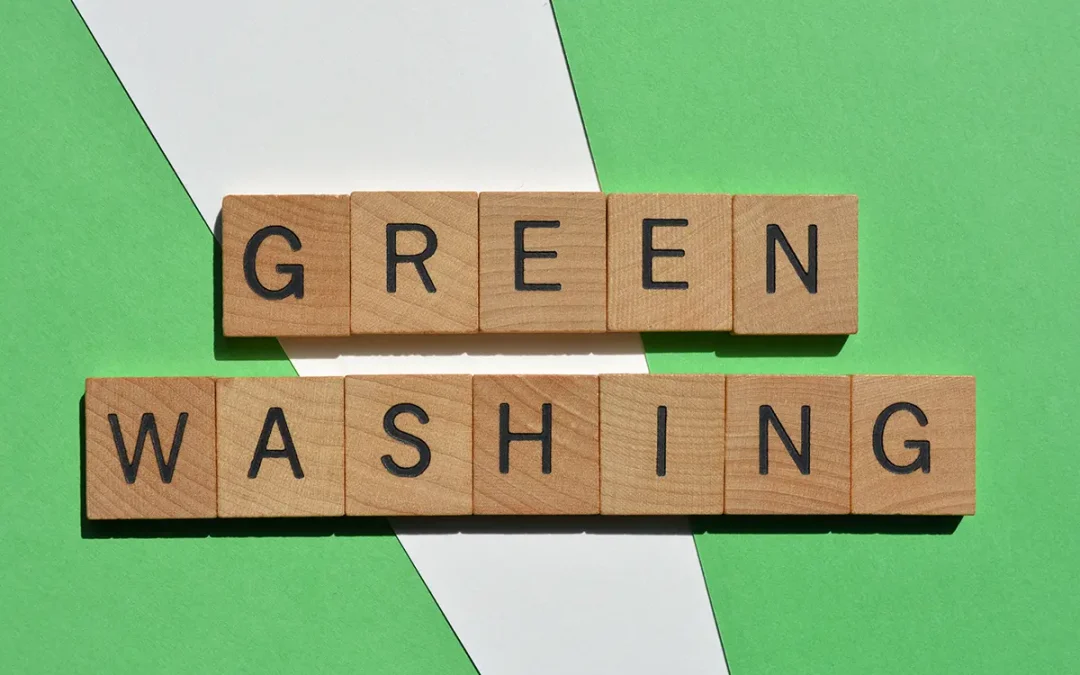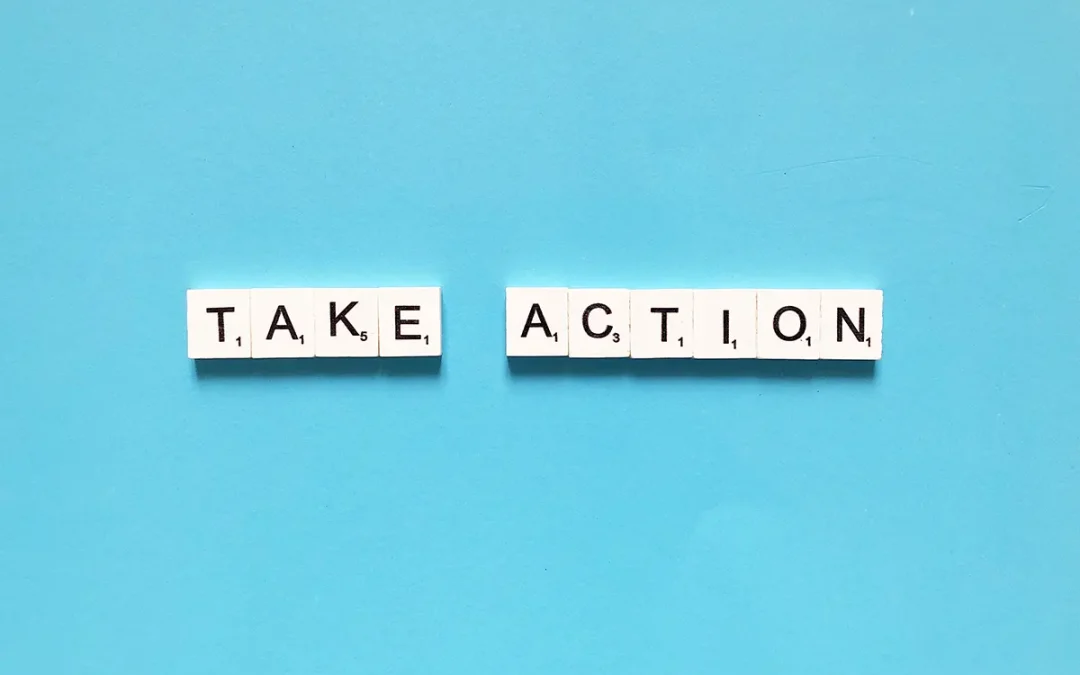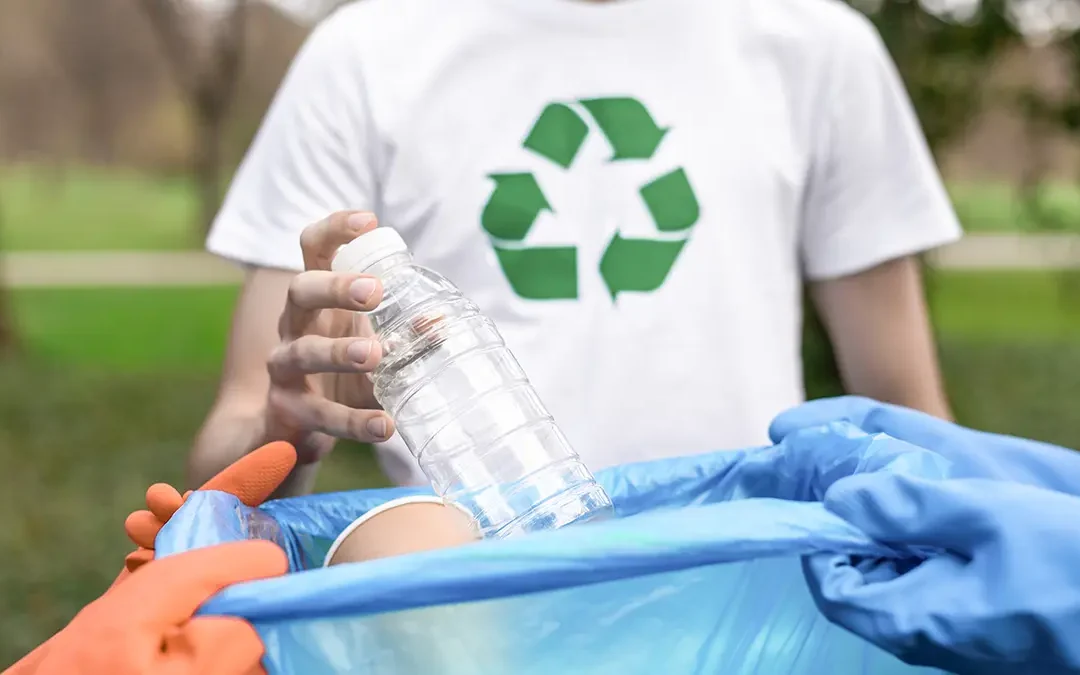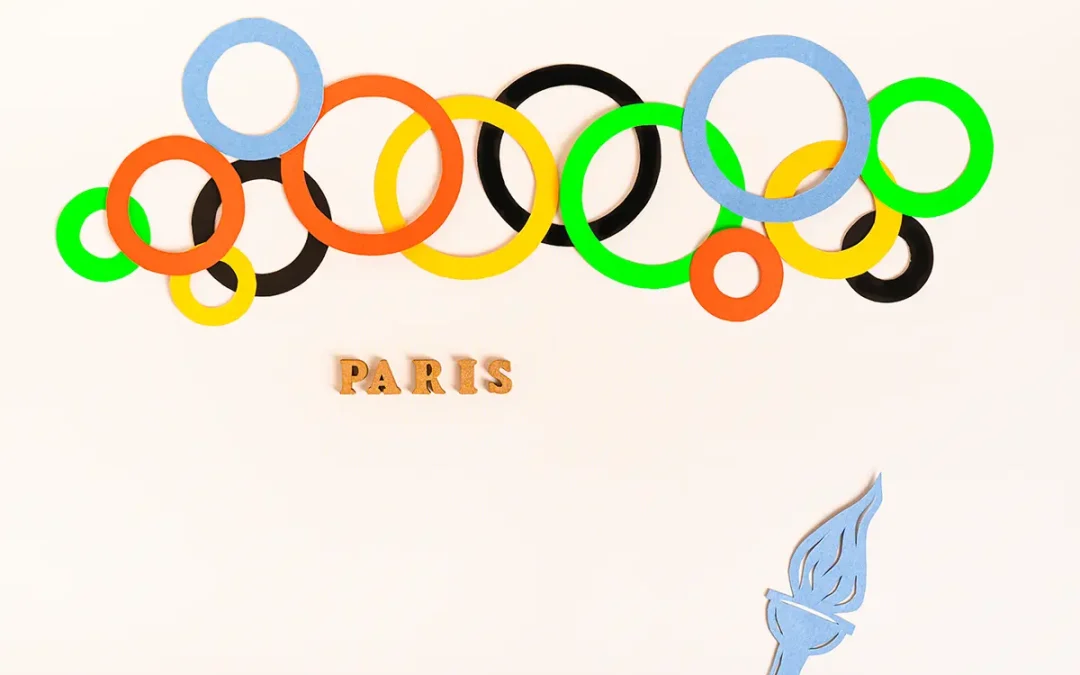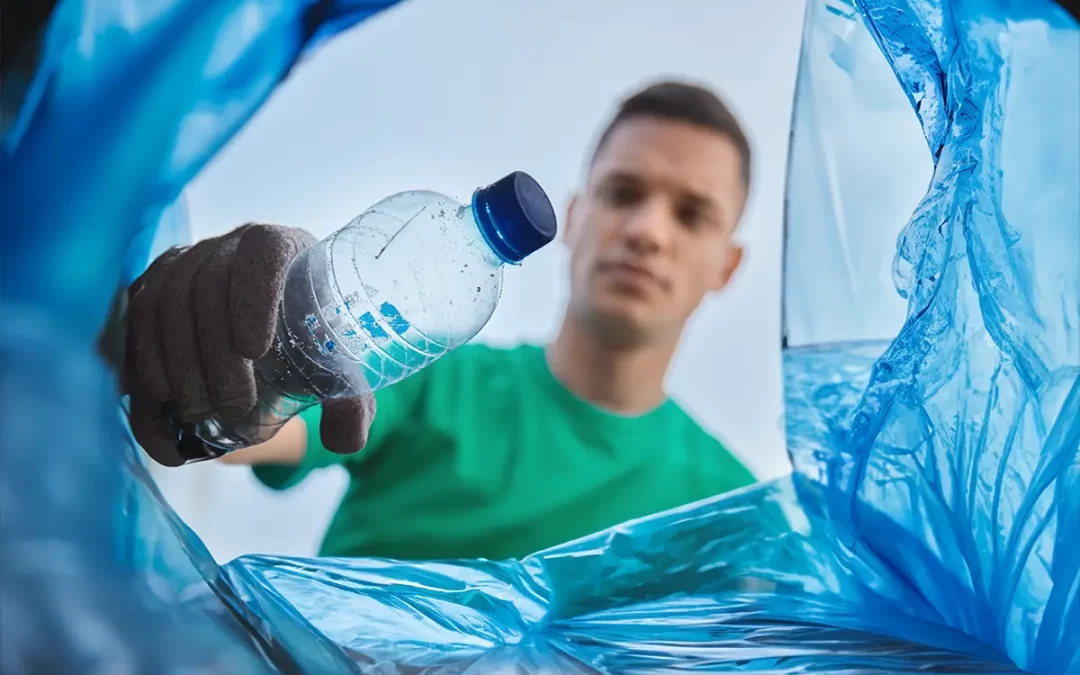‘The more the merrier,’ I always say! Collaboration is key, both in gathering good friends and tackling intricate challenges like building a circular economy. Throughout my career, I’ve found that navigating change and complexity requires a superpower: forging partnerships, building coalitions, and nurturing strategic relationships.
Historically, waste recycling industries have been fragmented, whether that’s from understanding what is truly being recycled and by whom—or standardizing reporting methodologies that accurately measure collection rates.
At Circular Solutions Advisors (CSA), our mission is to provide real recycling solutions to our clients to develop circular economies. We know that moving the recycling rate of roughly 32% up five or ten points is a steep hill to climb based on our current local-by-local and state-by-state recycling infrastructure.
Where we have found tremendous success is in creating circular economies through partnerships with like-minded organizations, as well as a few unlikely ones. There are numerous opportunities for partnership up and down the supply chain, including corporations, academic institutions, and NGOs.
When I spoke at the 2nd World Recycling Convention in Rome in October, I shared best-practice examples of communities that have created effective coalitions to increase recycling. For example, Hilton Head, South Carolina was a recycling desert. Our company was brought in to help close the loop for used beverage containers (UBCs) and PET plastic bottles at the annual RBC Heritage Classic PGA golf event. We discovered the island did not have a material recovery facility (MRF) and we could not confirm the recycling transfer station material was being processed.
So, we created a coalition to develop and implement our action plan. We partnered with Beaufort County, Hilton Head Township, and Coca-Cola Consolidated. A local high school football team volunteered to sort recyclable material from collection bags. We worked with a local hauler to deliver the recycled material to Clemson University, which had built a mini-MRF on its property. The result: aluminum beverage containers and PET bottles from the golf tournament were diverted from the landfill and truly recycled.
By creating this coalition of governmental agencies, a consumer product company, a university and a local entrepreneur, we ensured circularity for the one-off major event. And we didn’t stop there. By finding the right partners, CSA is piloting a program to bring recycling to all of Hilton Head Island and the surrounding communities. Not only will residential recycling be collected, but also commercial recycling at hotels and resorts, golf courses, restaurants, hospitals, and special events such as marathons, golf tournaments, and others.
Now, these organizations—from teens to global beverage leaders—may seem to be unlikely partners. But they were just the right team, with the right skills and determination to make the impossible possible.
What issues does your organization face? Which partners could help your organization achieve its goals? Going it alone may be one option, but I’m a firm believer that we can do more when we work together.

